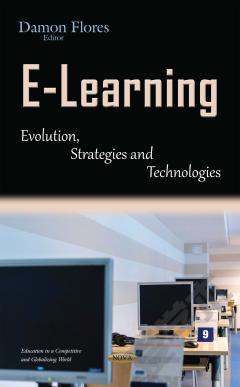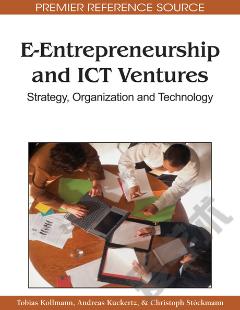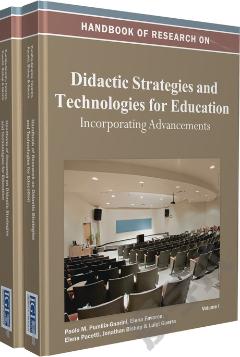E-Learning: Evolution, Strategies and Technologies
Traditional, on-line e-learning theories are contextually driven and influenced largely by learning management systems (LMS) through the use of mere technology. The whole idea of e-learning was to allow a student to have a high degree of learner self-direction and personalization within the learning process. The rapid development of technologies within the field of “E-learning and Web 2.0” is allowing for new educational strategies to support self-regulated learning in higher education contexts through the use of personal learning environments (PLE) and Cloud to provide a more tailored learning experience. The first chapter of this book explores the communications and creativity formats that web 2.0 social media can offer students within the higher education sector for supporting learning opportunities by exploring different types of learning theories and how to integrate Web Based Platform technologies into the delivery and what supporting mechanizing will be required while exploring E-learning in the Cloud. Chapter two describes the practice and evaluation of an e-learning training program for vegetable growers, and focuses on the effects of periodic learning support through the sharing of learning progress reports in the e-learning program. Chapter three explores the good practice of Estonian e-learning community to evaluate and assesses the quality of e-learning courses. Chapter four verifies that some e-learning challenges are unique to the e-environment, and are specific to the learner’s expectations, experiences, satisfaction, and performance. Chapter five describes how to develop remote real-time signals monitoring mechanism via Internet with the cloud using a case study. Chapter six reviews the challenges for education and training in non-surgical oncology, the e-learning resources that are currently available and compares them against best practice guidance on technology enhanced learning. Chapter seven studies how to develop learning systems to support English vocabulary learning by analyzing learning log data and automatically detecting personalized weak points on listening comprehension. The last chapter explores the significance of correlates of academic dishonesty in e-learning in relation to variables such as sex, student status, academic class status, and academic success in higher education in the United States.
{{comment.content}}








 京公网安备 11010802027623号
京公网安备 11010802027623号